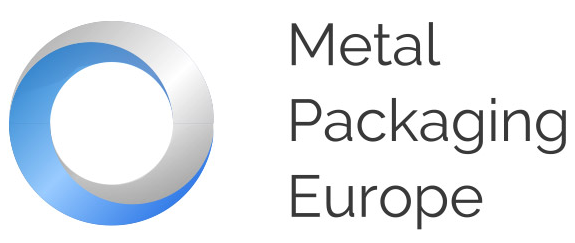Decarbonisation
In Europe, we face a shared challenge: climate change.
We’re not only concerned about its impact on our lives, but also about our contribution to the problem. The impact of metal packaging on climate change has reduced by 30-50% since 2002.
Different paths to decarbonisation.
There are different paths to decarbonisation for steel and aluminium, involving harnessing the potential of the circular economy and working together with our supply chain partners. There is urgency – driven not only by the clear environmental changes we are experiencing around the world but by the economics of the transition to net zero which favours early engagement with clean technologies to avoid potentially costly challenges later. The circular economy is a vital underpinning to decarbonisation because it requires much less energy to recycle material than to produce virgin. Using recycled steel saves 70% of energy and recycling aluminium uses up to 95% less energy than producing it from raw materials. Currently, some virgin material is required and for steel this will continue beyond 2050, so decarbonising its production is essential to reach net zero and steel production is in the vanguard of decarbonisation efforts across Europe. By achieving can-to-can recycling, aluminium beverage cans will reach net zero through a clear focus on circularity. Science-based targets, and a clear focus on cutting emissions in line with the recognised greenhouse gas protocol, form the backbone of the net zero strategy for aluminium.
%
Using recycled steel saves 70% of energy
%
Recycling aluminium uses up to 95% less energy than producing it from raw materials
Rigid metal packaging industry commitment .
Industry Actions
External Enablers
Cut carbon emissions from manufacturing and operational processes
Operate energy-efficient sites and increase our use of renewable energy
Cut carbon emissions from raw materials and wider supply chain
Work with partners to reduce supply chain carbon emissions upstream and downstream
- Electrical grid decarbonisation
- Continued policy progress to support the expansion of renewable energy
- Decarbonisation of raw materials and the wider supply chain
Maximise the circular economy benefits of metal packaging
Increase recycling rate, recycled content and encourage separate collection as well as improve design for recycling
- Recognition of Materials Circularity Index
- Infrastructure for separate collection and sorting for high-quality recycling
Industry Actions
Cut carbon emissions from manufacturing and operational processes
Operate energy-efficient sites and increase our use of renewable energy
Cut carbon emissions from raw materials and wider supply chain
Work with partners to reduce supply chain carbon emissions upstream and downstream
Maximise the circular economy benefits of metal packaging
Increase recycling rate, recycled content and encourage separate collection as well as improve design for recycling
External Enablers
- Electrical grid decarbonisation
- Continued policy progress to support the expansion of renewable energy
- Decarbonisation of raw materials and the wider supply chain
- Recognition of Materials Circularity Index
- Infrastructure for separate collection and sorting for high-quality recycling
